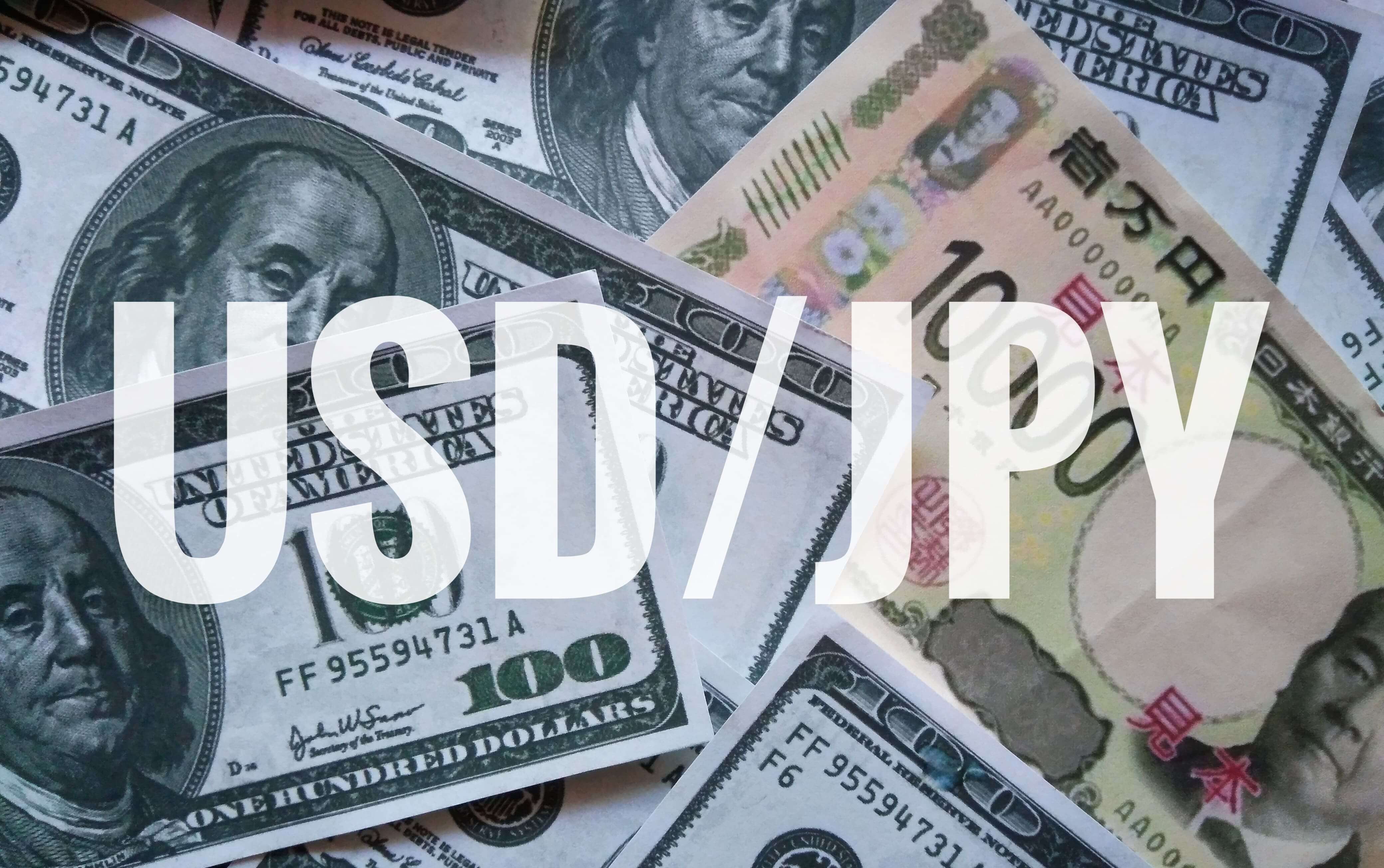Stocks declined on Wednesday amid another losing day on Wall Street. The decline came in a short week as lingering concerns spread over inflation doubts that the Fed would cut interest rate hikes soon. In any case, the S&P 500 fell by about 0.7% while the tech-heavy Nasdaq Composite plunged by over 1%. The Dow Jones Industrial Average fell by 0.6%, as the WTI crude oil traded at its highest level since November.
In general, the 1% WTI crude oil rise came after Russia & Saudi Arabia stuck with output cuts. These output cuts reignited concerns over the inflation rate, hampering stock trading. Meanwhile, stocks inched down on Tuesday due to higher oil prices in over 12 months, with fresh data showcasing China’s economy struggling to recover. The Dow Jones Industrial average fell by 0.6%, while the S&P 500 declined by 0.4% on Tuesday.
The decline in these three major gauges came after a winning previous week where the S&P 500 recorded its best weekly performance. Updates from major streams also elevated hopes that the Federal Reserve would end interest rate hikes at the September meeting. Nonetheless, concerns over the world’s second-largest economy struggle grew after Tuesday data indicated a decline in the services industry to its lowest level.
In the meantime, WTI crude oil recorded its highest level since November 2022, closing at nearly $87 per barrel. But Goldman Sachs analysts reduced the odds for a US recession based on the resilient labor market and cooling inflation. In addition, the analysts played down the Fed’s rate hike campaign idea, claiming that it might not be the approach to push the economy into a slowdown. With the economic calendar and light earnings ahead, the stock market now focuses on the Federal Reserve.
Overall, analysts believe September could be a better month on Wall Street, pointing out Apple’s new iPhone release, cash on the sidelines, and AI excitement as advantages. The Federal Reserve has scheduled a meeting on 20th September with investors debating whether price pressure will call for more rate hikes from policymakers. However, downbeat data from China and Europe have raised concerns that crumbling demand might undermine the US economic resilience.
On the other hand, the surprisingly sharp decline in German industrial orders resulted in a risk of stagflation speculations. Investors focused on the fresh PMI data for the US services industry in August, closely watching inflation signs. Above all, the ISM reading hit 54.5 after eight higher activity months. Official figures indicate that US exports rose by 1.6% after three consecutive declines, while the trade deficit widened less in July.




